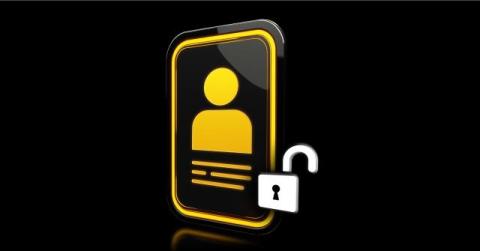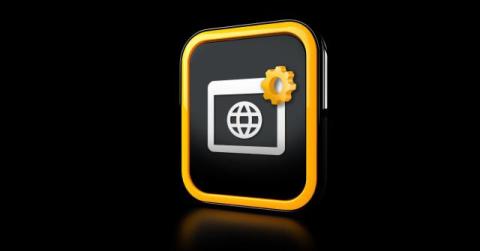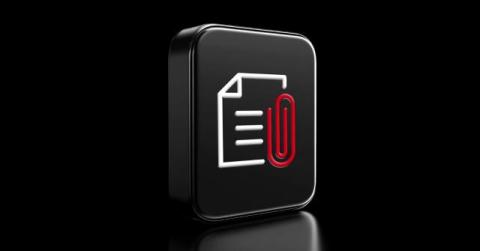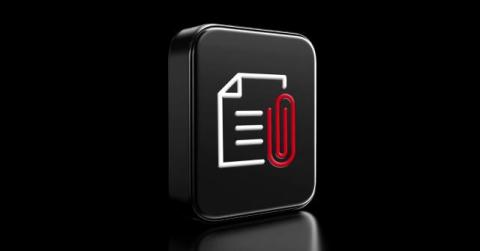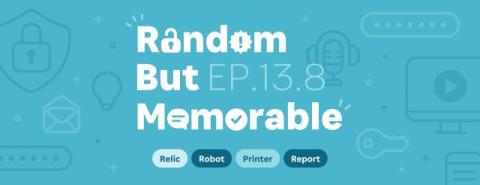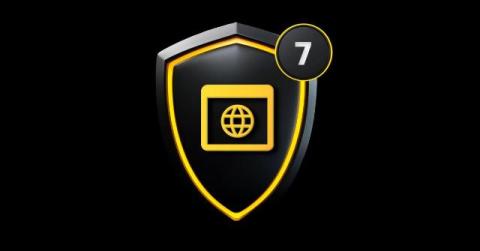Can Someone Steal Your Identity With Your ID?
Yes, someone can steal your identity with your government-issued ID or driver’s license. Any documents that contain Personally Identifiable Information (PII) – including your full name, home address, date of birth, photo or even your signature – can be used to steal your identity and target you with phishing scams. Continue reading to learn what someone can do with your ID, how to tell if someone is using your ID, what to do if your ID is lost or stolen and how to keep your ID safe.


